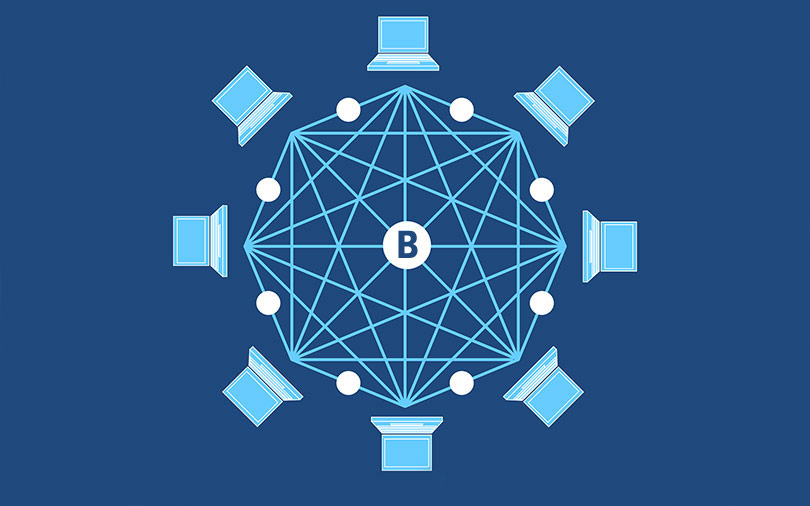
Blockchain top technology for research in aviation industry, finds study


A growing number of chief information officers (CIOs) at airlines and airports globally are exploring the use of blockchain to improve efficiency and manage a host of tasks ranging from ticketing to identifying passengers, a research report said.
According to the research by SITA, a technology company that provides IT and telecommunication services to the air transport industry, 59% of airlines have planned pilot programmes around blockchain for implementation by 2021. This is up from 42% last year. More than a third of the airports surveyed are also looking at experimenting with blockchain R&D projects by 2021.
The findings are part of the 2018 SITA IT Air Transport IT Insights. The report comes after SITA in June launched “The Aviation Blockchain Sandbox”, a research project to explore the potential of the emerging technology for the industry.

More than 180 senior IT executives at top airlines and airports took part in the 2018 research, according to SITA. These organisations represent 39% of global airport and 28% of global airline passenger traffic.
The report said that blockchain, which also powers cryptocurrencies such as bitcoin, offers multiple use cases ranging from passenger identification to ticketing, asset tracking and managing frequent flyers programs.
The most commonly expected use of blockchain for both airlines and airports is to streamline the passenger identification process, with 40% of airlines and 36% of airports saying this would be a major benefit.

Airlines expected blockchain to provide benefits in the roll-out of passenger tokens for frequent flyer programs (34%) and e-tickets (31%). Around 30% of the airport CIOs said item custody change tracking (such as baggage) and another 24% said that operational efficiency are areas that have potential benefits by using blockchain.
“The biggest obstacles for a seamless passenger journey and efficient air travel are the siloed processes across the many stakeholders, including airlines, airports, ground handlers and control authorities,” said Gustavo Pina, director at SITA Lab, the technology research arm of SITA. “By collaborating as a single industry, we can smoothen that journey and blockchain is one of the technologies that have the potential to make that possible.”
SITA said it was investing in infrastructure to accelerate industry-specific research into the viability of running multi-enterprise apps using blockchain, rather than running individual apps separately and exchanging data on a case-by-case basis.

